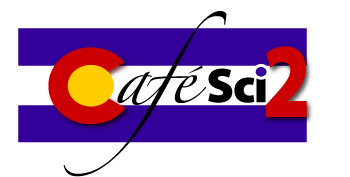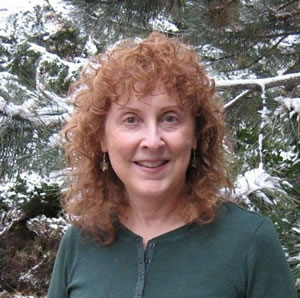|
|
|
Creationists and other skeptics about Darwin's theory of evolution by natural selection claim that it is less well supported by evidence than theories in physics and chemistry because it is an historical (vs. experimental) science. Such claims represent a fundamental (multi-leveled) misunderstanding of the nature of the experimental and historical sciences. We will begin with a discussion of the popular misconceptions about the scientific method upon which this view is founded; as it turns out, no science, experimental or historical, conforms to these widespread myths. Subsequently we turn to the actual methodologies of the historical and experimental sciences, comparing and contrasting them, and exploring why (despite their differences) neither methodology is scientifically inferior to the other. We will then turn to a brief discussion of deep time and how the evidence for the antiquity of the universe (13.7 billion years old), Earth and solar system (4.5 billion years old), and life on Earth (3.8 billion years old) is based on physics and chemistry as well as direct empirical evidence acquired through fieldwork. In short, one cannot separate evolutionary biology from physics and chemistry in the manner so often recommended by opponents of Darwin's theory. |

 Carol Cleland writes: I am a philosopher with an extensive interest and background in natural science. I have a B.A. in mathematics from the University of California (Santa Barbara) and a Ph.D. in philosophy from Brown University. My current position is Full Professor of Philosophy at the University of Colorado (Boulder).
Carol Cleland writes: I am a philosopher with an extensive interest and background in natural science. I have a B.A. in mathematics from the University of California (Santa Barbara) and a Ph.D. in philosophy from Brown University. My current position is Full Professor of Philosophy at the University of Colorado (Boulder).